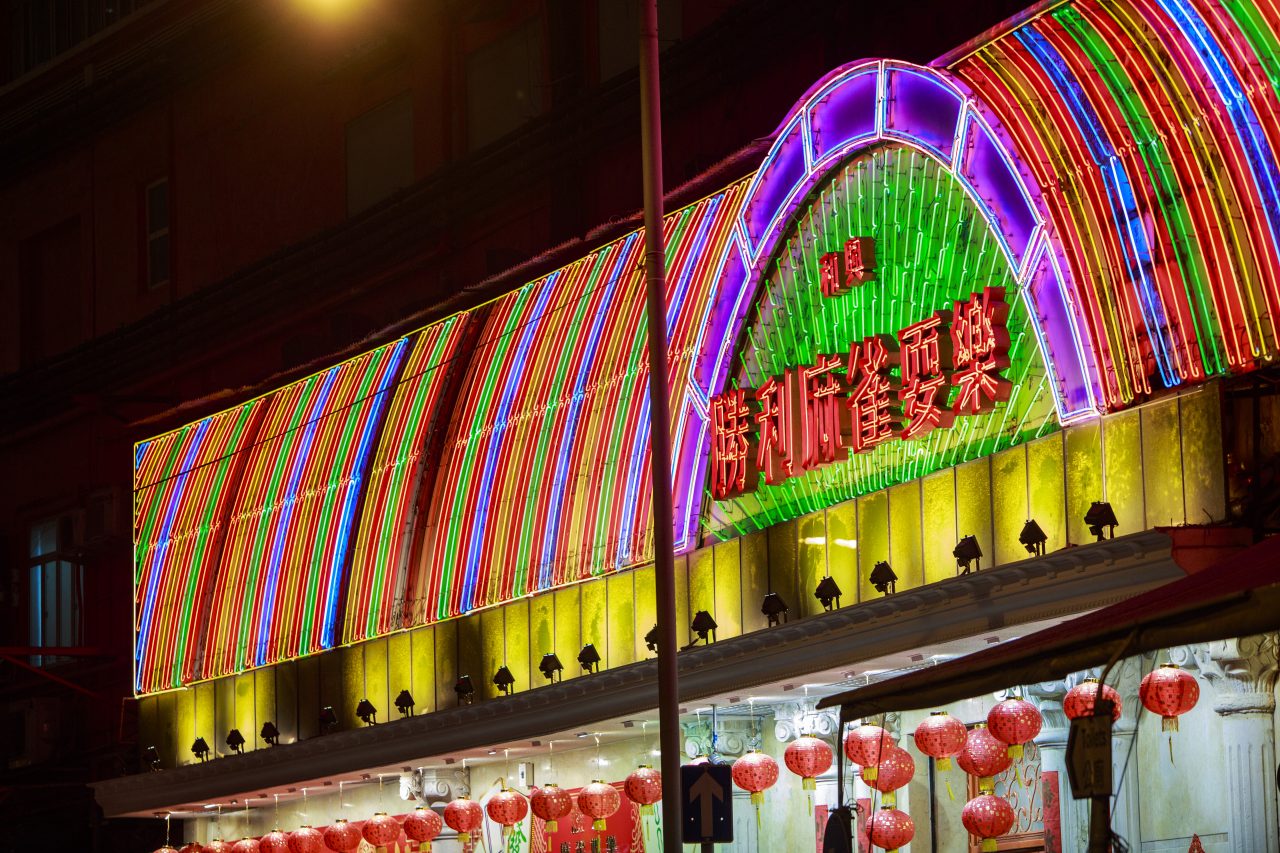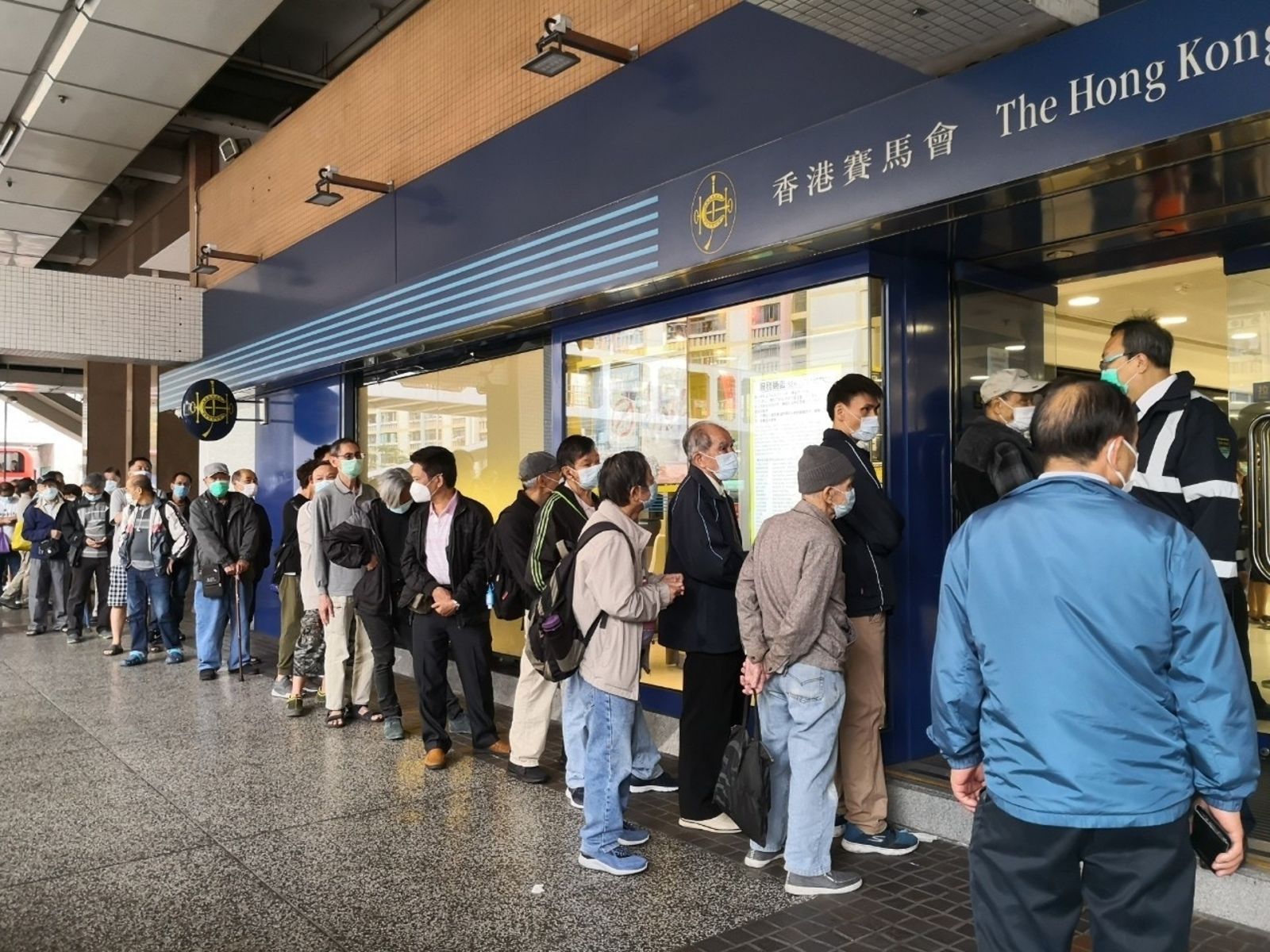Just an hour's ferry ride from Macau, the gambling paradise in China, HongKong's gambling culture in Hong Kong has taken a very different shape. Its development tells a rich tale of cultural collision and changing administrative philosophy.

In the first few decades of the colonization of Hong Kong, illegal gambling was widespread. Failing to contain the situation, the sixth Governor of Hong Kong, Macdonell, legalized gambling in 1867. The decision was faced strong opposition from religious leaders in the UK, leading to a re-criminalization of gambling in 1871, with the exception of Mahjong (麻雀) and “Tin Kau” (天九), which were both traditional Chinese games popular among local communities. To everyone’s amusement, Mahjong parlors continued to run as “schools” under the government’s definition! A total of 144 licenses were issued, with around 70 still active today. Nowadays, such venues can still be found in districts like Wanchai and Yau Ma Tei. The entrances are usually fully decorated in gold, silver or neon lights with rules listed on the outside. However, we don’t suggest tourists go in as beginners and sightseeing are not tolerated.

Such a turn of events showed a renewed understanding the colonial government had about Hong Kong. The government has realized the role of gambling in maintaining community ties. In addition, some taxes collected from gambling had enabled the completion of Tung Wah Hospital, the first public hospital in colonial Hong Kong offering Chinese medicine, in 1870. The Hong Kong Jockey Club (HKJC) was formed in 1886 to oversee horse racing, and betting started in 1891. The HKJC has since expanded to manage Mark 6 lottery and football gambling, diversifying legal gambling in Hong Kong. A gambling ordinance mandates HKJC to tax 72% of its gambling income, and it is now the world's highest grossing gambling institution, serving as Hong Kong's largest taxpayer and charitable body.
Highest Gambling Revenue in 2021/2022
| Name | 12 Months Total Revenue |
| Hong Kong Jockey Club | USD 36.9 billion |
| MGM Resorts International | USD 12.55 billion |
| Caesars Entertainment | USD 10.59 billion |
| Flutter Entertainment PLC | USD 7.66 billion |
| PENN Entertainment | USD 6.4 billion |

Over time, betting on horse racing and the Mark 6 lottery has become a lifestyle for locals, who consider it a form of "donation" due to the HKJC's charitable status. You will see long queues and gathering at the off-course betting branches on race days or the day with a large jackpot. Meanwhile, HKJC retains a connection with the privileged class as membership is by referral only. Owning a horse, which is an expensive hobby, is also seen as a sign of social status. One could say that HKJC is a shadow of the colonial times in Hong Kong.

As gambling regulations evolve, understanding local practices, taxation, public welfare, and public sentiment remains crucial to striking the right balance.
